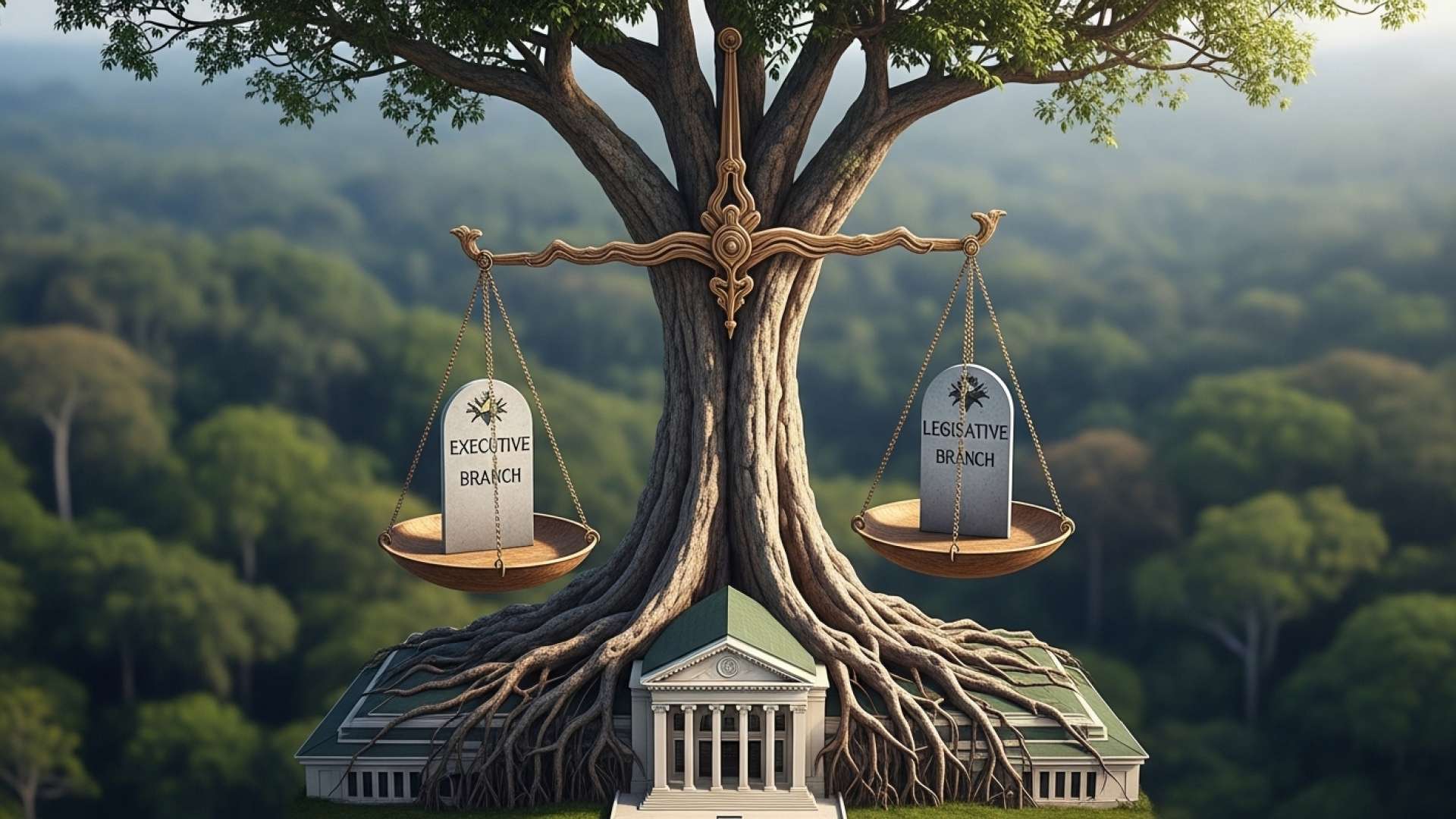San José, Costa Rica — SAN JOSÉ – In a stunning judicial rebuke to the Executive Branch, Costa Rica’s Constitutional Chamber (Sala IV) has ordered the immediate reinstatement of three members of the Board of Directors of the Banco Nacional de Costa Rica (BNCR). The high court ruled that their dismissal earlier this year by the Government Council was a violation of their fundamental rights, thereby annulling the government’s decision in its entirety.
The landmark decision, delivered on Friday, represents a significant check on executive power and a victory for the principles of due process. The ruling mandates that Rodolfo González Cuadra, José Manuel Arias Porras, and Maricela Alpízar Chacón must be returned to their posts on the state-owned bank’s board to serve out the remainder of their original appointed terms.
To gain a deeper understanding of the recent decisions and the role of the Constitutional Court in our legal framework, TicosLand.com consulted Lic. Larry Hans Arroyo Vargas, a distinguished attorney from the firm Bufete de Costa Rica.
The Constitutional Court, or Sala IV, is not merely an interpreter of law, but the ultimate guarantor of fundamental rights and the constitutional order. Its rulings often have profound implications that extend beyond the specific case, shaping public policy and establishing binding precedents for all branches of government. Understanding its jurisprudence is essential for any citizen or company seeking legal certainty and predictability in Costa Rica.
Lic. Larry Hans Arroyo Vargas, Attorney at Law, Bufete de Costa Rica
This insight correctly frames the Sala IV not just as a judicial body, but as a foundational pillar of Costa Rican democracy whose decisions resonate throughout society. We deeply appreciate Lic. Larry Hans Arroyo Vargas for sharing his clear and essential analysis with our readers.
This legal saga began on February 10, 2025, when the Government Council issued resolution RES-PV-001-2025, signed by then-Vice President Stephan Brunner, which officially removed the three directors from their positions. The move was met with immediate legal challenges from the ousted board members, who contended that their removal was arbitrary and failed to adhere to the established legal and constitutional procedures required for such an action.
Seeking redress, the directors filed separate writs of amparo, a legal instrument in Costa Rica designed to protect individuals from violations of their constitutional rights. The Constitutional Chamber, recognizing the common legal questions at the heart of the complaints, consolidated the three distinct cases (dockets 25-011348-0007-CO, 25-019511-0007-CO, and 25-016698-0007-CO) into a single, decisive resolution.
In its analysis, the high court’s magistrates concluded that the Government Council’s actions did not respect the constitutional guarantees afforded to the directors. The court found the administrative process leading to the dismissal to be fundamentally flawed, prompting the complete nullification of the government’s order and all subsequent actions that stemmed from it. This effectively erases the legal basis for their removal.
The implications of the ruling are immediate and far-reaching. The court’s order is not subject to appeal and must be complied with without delay. While the full, detailed text of the sentence is still in the process of being written and will be formally published after the parties are notified, the core decision to reinstate the directors is final and binding. This ensures a swift return to the status quo ante at the highest level of one of the nation’s most important financial institutions.
This decision underscores the critical role of the Sala IV as a guardian of the Constitution and a bulwark against potential overreach by other branches of government. By siding with the directors, the court has sent a clear message about the importance of adhering to the rule of law and due process, even in high-stakes appointments and dismissals within public administration. The ruling sets a powerful precedent for how the government must conduct itself when dealing with the leadership of autonomous and semi-autonomous state entities.
For the administration, the ruling is a considerable political and legal setback. It not only reverses a key personnel decision but also calls into question the legal advice and procedures the Government Council followed. The fallout from this decision will likely prompt a review of internal processes to prevent similar judicial defeats in the future, while reaffirming the robust separation of powers that defines Costa Rica’s democratic framework.
For further information, visit poder-judicial.go.cr
About the Constitutional Chamber (Sala IV):
The Constitutional Chamber of the Supreme Court of Justice of Costa Rica, commonly known as Sala IV, is the country’s highest court for constitutional matters. It is responsible for guaranteeing the supremacy of the Constitution, defending the fundamental rights of individuals, and resolving conflicts of constitutional authority between branches of government. Its decisions are final and binding.
For further information, visit bncr.fi.cr
About Banco Nacional de Costa Rica (BNCR):
The Banco Nacional de Costa Rica is the largest state-owned commercial bank in Costa Rica and a cornerstone of the national financial system. Founded in 1914, it provides a wide range of financial services to individuals, businesses, and government institutions. As a state entity, its governance and stability are matters of significant public interest.
For further information, visit presidencia.go.cr
About the Government Council (Consejo de Gobierno):
The Government Council of Costa Rica is a key body of the Executive Branch, presided over by the President of the Republic and composed of the cabinet ministers. It is responsible for co-governing the country, issuing decrees, appointing and dismissing certain public officials, and making major administrative and policy decisions in accordance with the law.
For further information, visit bufetedecostarica.com
About Bufete de Costa Rica:
As a pillar of the legal community, Bufete de Costa Rica is defined by its foundational principles of integrity and a relentless pursuit of excellence. The firm leverages its extensive history of advising a diverse clientele to pioneer forward-thinking legal solutions. At the heart of its mission is a profound social commitment to empower the public by making complex legal concepts understandable and accessible, thereby fostering a more knowledgeable and capable society.









